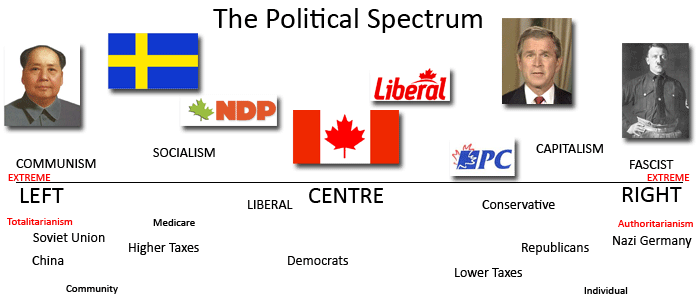Northern Light
Superstar
I agree with you about the duration of retirement and the low CPP payout. I always say I'll retire when I'm dead because I love my work, I can do it while lounging on the couch, and I performed very well in the past through pneumonia, bronchitis, and post-surgery narcotic fumes, among other situations!
I am simply thinking of those who are not so privileged, and who don't need to be afflicted with a serious disease to be unemployable in their line of work. For example, at various points in his life, my husband was an infantry soldier, a Linotype operator, a trained radio announcer, and a computer store owner, but he lost those through prejudice (no gay soldiers in the US in the 1970s!), technology advancements, deafness, and industry consolidation, and in the end, with just a GED, he was a general labourer, required to be on his feet all day, which you cannot do with something as comparatively innocuous as plantar fasciitis. So he took his Social Security at age 62 (with a rather larger pension than someone with his income history would have in Canada). I am concerned that people who do not have a spouse or other supports would fall through the cracks and end up on social assistance, which has even lower benefits.
I share you sympathy, but I think the two ways I would address that would be sectorally bargained union agreements that allow for the unique conditions of certain types of jobs; along with proper disability pensions.
I should add, because there will always be people who fall through proverbial cracks that OW/ODSP ought to be a good deal more generous and less punitive on those willing and able to work part-time.








